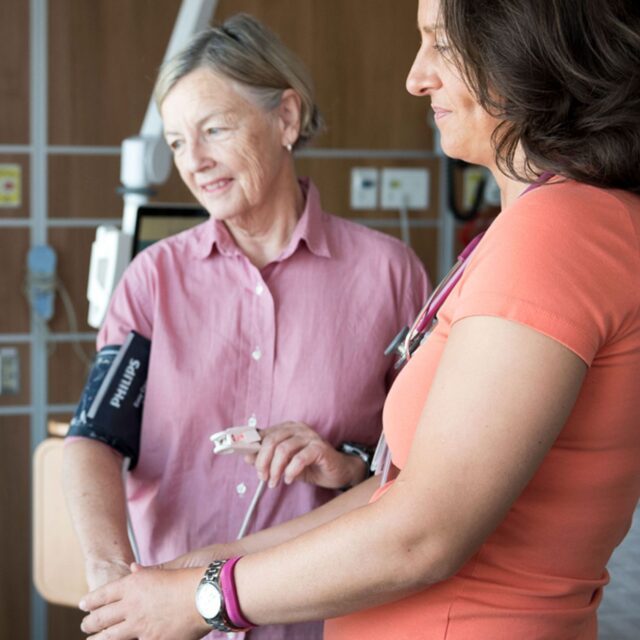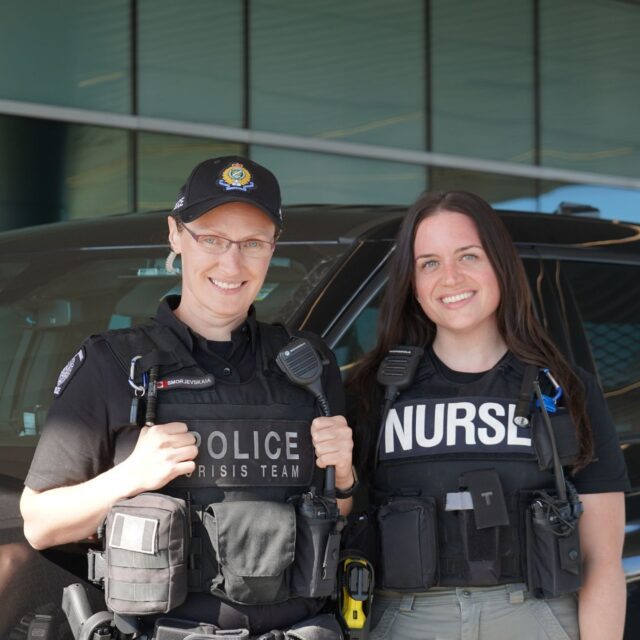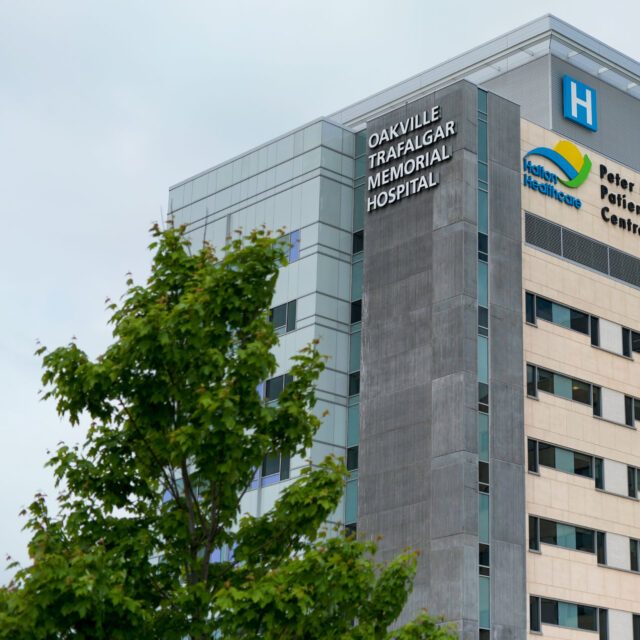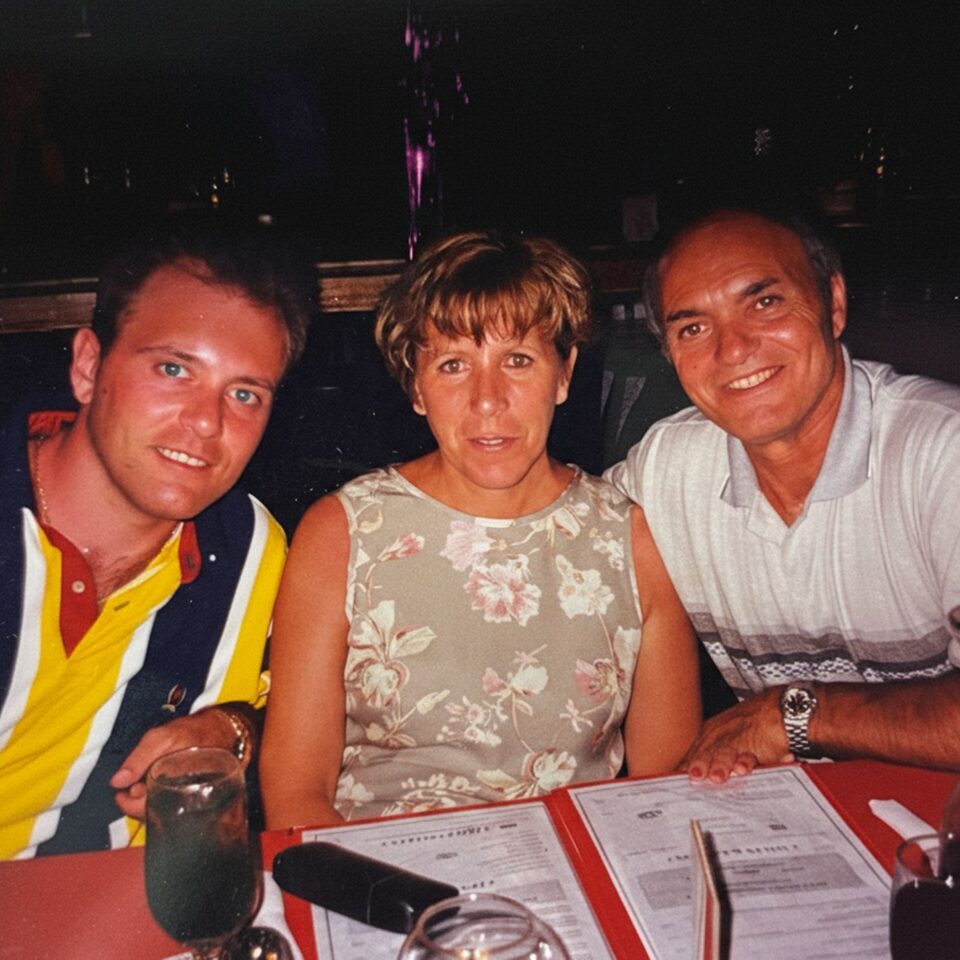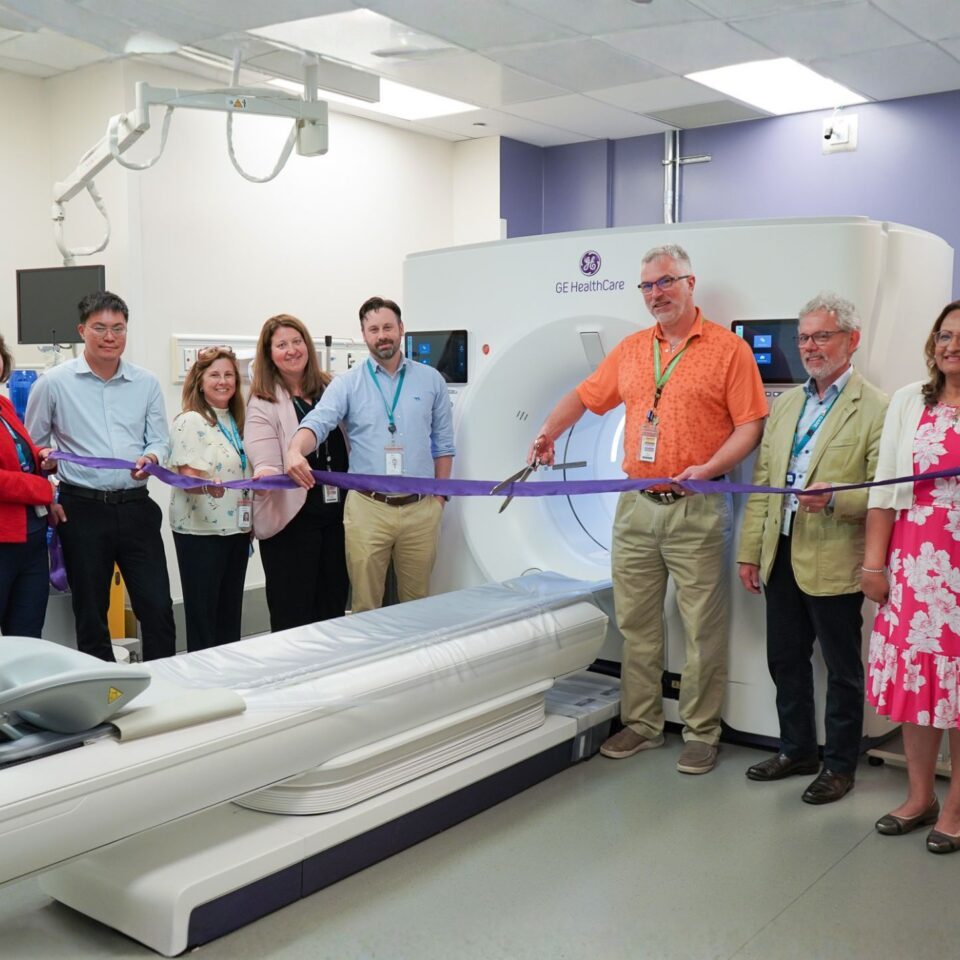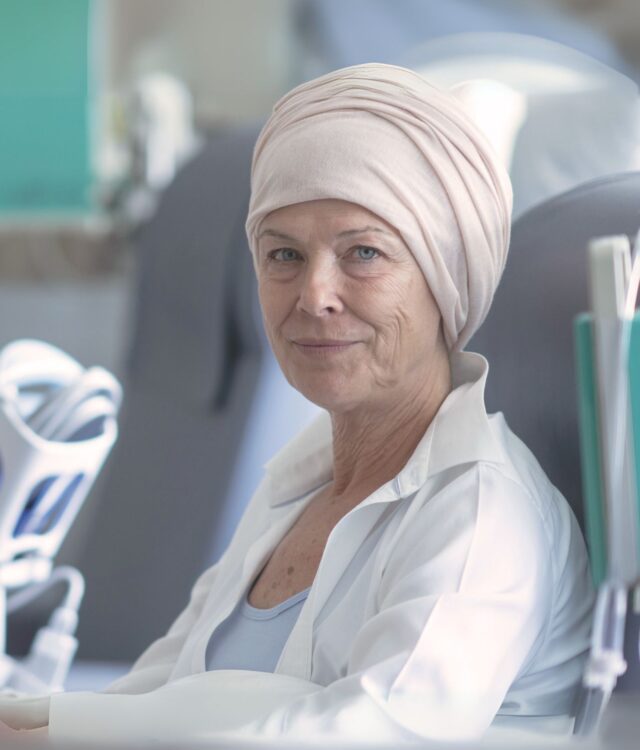I was the strong one
- Share This Story

Frontline worker Evelyn recognizes her challenges with mental health as a journey. She wakes up each day and recites what she feels grateful for. One of those things is the care she receives each month at Oakville Trafalgar Memorial Hospital’s Mental Health day program.
In 2010, Evelyn enrolled in Oakville Trafalgar Memorial Hospital’s (OTMH) Mental Health day program. Following the tragic death of her coworker, Evelyn began to sink into addiction and substance use to grapple with the loss.
“The medications became my therapist, my friend and my coping mechanism,” says Evelyn.
At a gathering that followed their colleague’s passing, Evelyn’s fellow frontline workers began to see the effect that the substances were having on her overall health.
Evelyn’s employer set a meeting and gave her an ultimatum. Either go to Homewood Health Centre or register in OTMH’s Mental Health day program.
“I was a single mother, and my daughter was nine at the time,” says Evelyn. “I was anxious to leave her to go to the day program. But everything worked out, and I went.”
Evelyn met with Dr. Antonia Seli. Dr. Seli saw the need and told Evelyn she could start the day program the following Monday.
“It was supposed to be for six weeks, but I ended up staying in the program for eight or nine weeks,” says Evelyn. “I wasn’t present for the first few weeks. I was detoxing. I was mourning. I was in a bad place.”
Evelyn ended up going back to work, but shortly re-enrolled in the mental health program at OTMH. This time it was the bridge program.
“I went every week. It was good for me. I was with people I could relate to, just like I did in the day program,” she says.
Evelyn ended up doing the mental health day program three different times. Each time, she was healing from a different situation in her life. Dr. Seli provided Evelyn with the compassion, care and warmth she so very needed. She struggled with feelings of weakness and Dr. Seli worked with her to uncover and manage those feelings.
I went every week. It was good for me. I was with people I could relate to, just like I did in the day program,
“I was the strong one, until I was no longer strong,” she says. “When I was a frontline worker, I put my uniform on and that was my armour, my shield and my protector. It gave me the courage and the strength to perform my job. When I came home at night, I took that uniform off, and changed into another: the substances and alcohol. When everything happened in 2010 and onward, I lost both uniforms. I felt totally exposed.”
At her most vulnerable, Evelyn expresses that her team in mental health “saved her life.”
“They treated me like a human being. With all the feelings of shame and embarrassment I’ve felt and continue to feel, the team always validates me and affirms my feelings,” says Evelyn. “They teach me to work through those feelings.”
